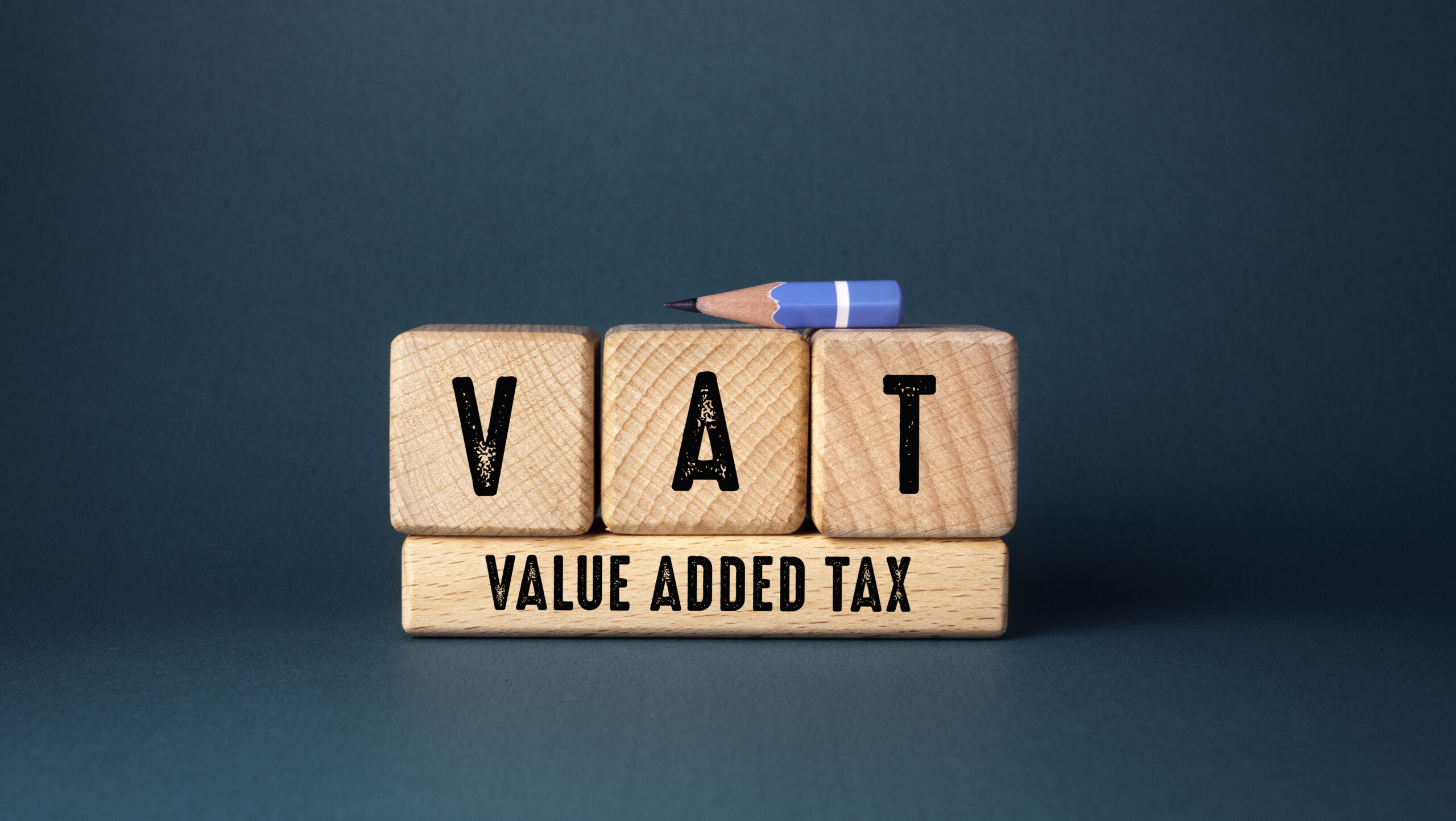
Date posted: 20th Sep 2023
VAT registration is compulsory for any UK established persons who are in business and make or intend to make taxable supplies should either one of the following tests are satisfied:
Historical test
Under the ‘historical test’, if taxable sales have exceeded £85,000 in any rolling 12-month period, the business must register within the next month after exceeding the threshold, the effective date of registration being the first day of the second month after exceeding the threshold (e.g., if sales exceeded £85,000 for the first time in the twelve months to 31 August 2023, notification must be by 30 September, registration being effective as from 1 October 2023).
‘Future’ test
Under this ‘test’, if taxable sales are expected to exceed £85,000 within the next 30 days, registration is at the beginning of the 30-day period.
An important point to remember is that taxable sales include those subject to 0%, 5% or 20% VAT.
Penalties
HMRC may spot a late registration when a business files its accounts or personal tax returns, but there is no guarantee; it is the trader’s responsibility to notify.
Late registration now falls within the ‘failure to notify penalty regime’. Penalties are based on the potential loss of tax increasing in steps according to the degree of culpability. However, no penalty charge may be levied if the taxpayer can show:
- there is a reasonable excuse for the failure;
- the failure was not deliberate; and
- the taxpayer notified HMRC ‘without unreasonable delay’ after the reasonable excuse ended.
A ‘reasonable excuse’ is something that stopped the taxpayer from meeting the obligation to notify on time (e.g., bereavement).
As ever, the actual percentage charged will depend on the particular circumstances and abilities of the taxpayer.
Issuing VAT invoices
The supplier will be liable to account for VAT on supplies made since the effective date of registration.
HMRC will treat the income as VAT inclusive although the supplier has the option of issuing VAT only invoices if the customer agrees to pay the extra, usually on the basis that they can recover it.
Importantly, until a VAT number is issued, VAT invoices cannot be issued and VAT cannot be shown as a separate line on any invoice. HMRC recommends that during the waiting period, the business increases its prices by the amount of VAT that would have been included on a proper VAT invoice and show the words ‘including VAT’. It might also be helpful to a customer if the invoice also states that ‘a VAT registration number is being applied for’. VAT invoices can then be issued when the VAT number is finally received.
Practical point
Applications for a VAT registration number, late or otherwise, are currently taking at least 60 days to be issued.
Late registration may take longer as HMRC undertakes additional checks and may require further information from the business.
If you have any queries regarding VAT registration or VAT issues at all, please give us a call.



